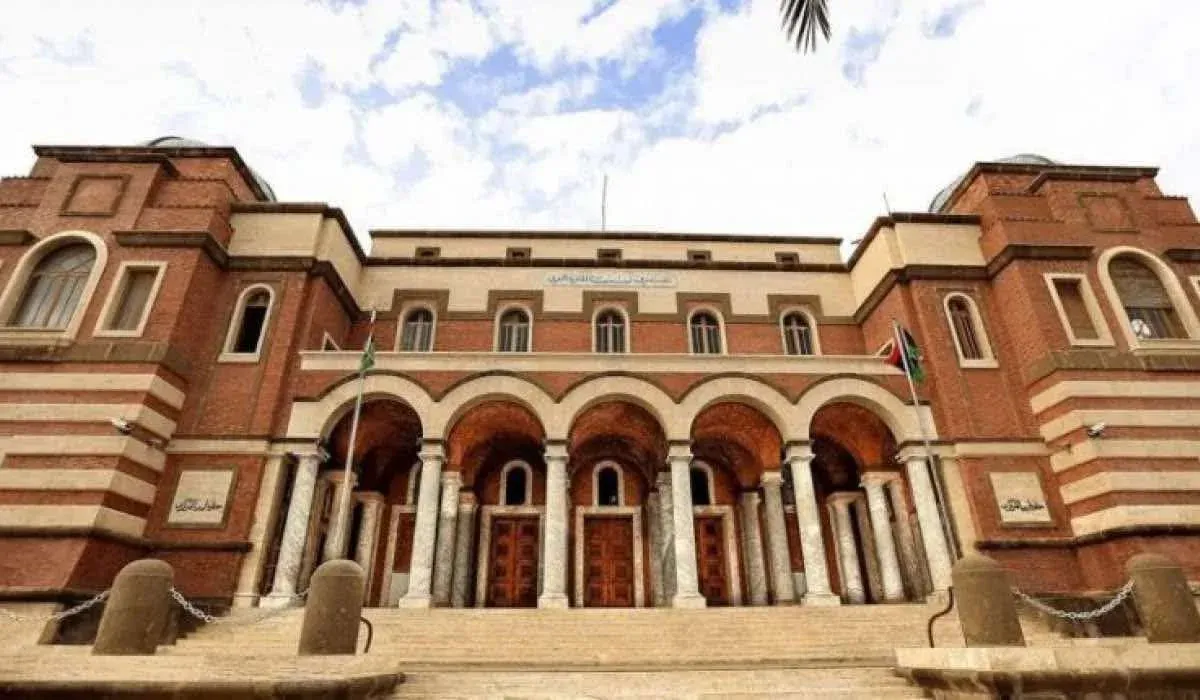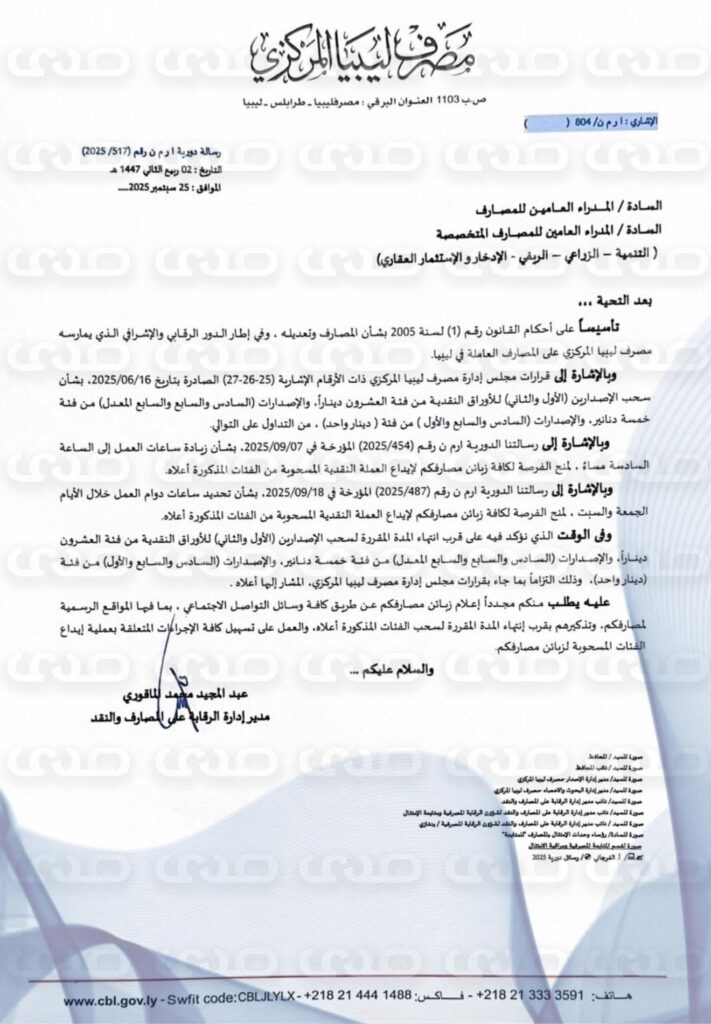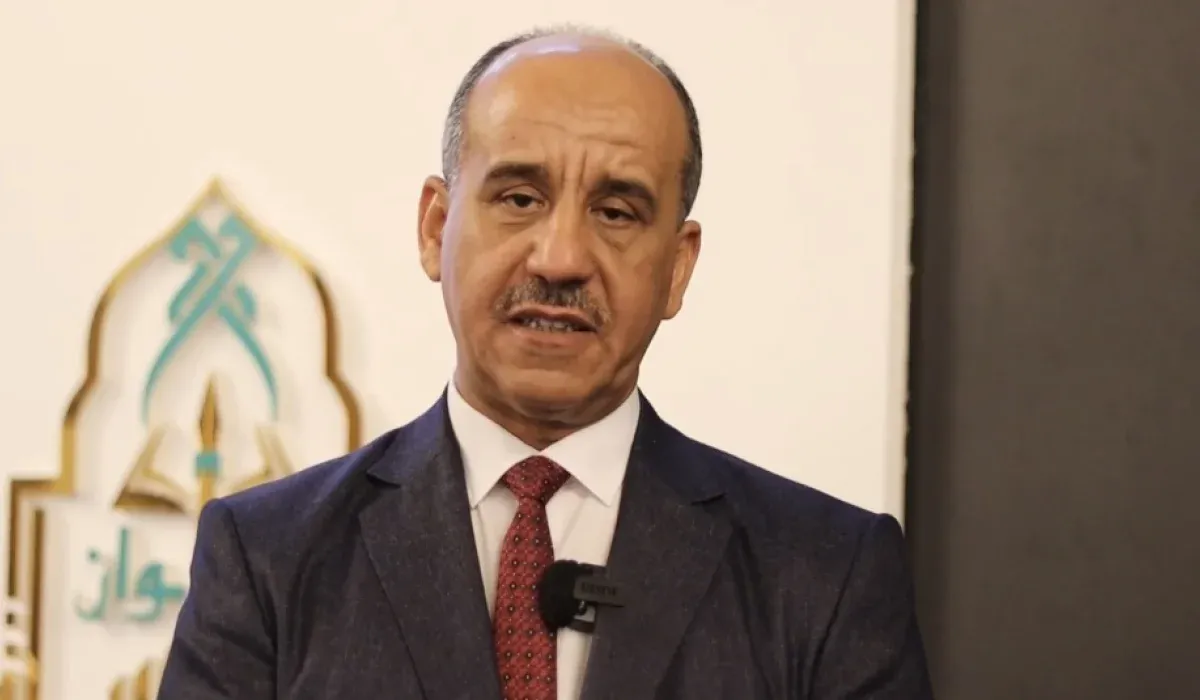Abdulbasit Jaboua, Head of the Committee for Preparing the Anti-Corruption Strategy at the Audit Bureau, told our source exclusively that as part of the strategy, there will be a program to fully present the data, whether related to financial data on expenditures—showing the allocations and what is being disbursed by the Ministry of Finance, as well as what is being executed by the Central Bank of Libya. There will also be financial reconciliation, since the Central Bank relies on data from bank accounts, while the Ministry of Finance has its own budget items and records. Therefore, a linkage will be made between the amounts issued by the Ministry of Finance and those disbursed by the Central Bank.
Jaboua added that the swap mechanism had been suspended since March, and there were delays in transferring allocations due to the absence of financial provisions in Chapter Four of the budget. A decision was therefore issued to allocate 20 billion dinars, and repayment began in May. The return of fuel imports through official procedures and the banking system was the main focus, but currently there are delays in paying for fuel shipments. This has led some companies to withhold portions of oil revenues. Coordination is now underway between the government, the Ministry of Finance, the National Oil Corporation, and the Central Bank, while the Audit Bureau monitors these procedures. “I believe that by October, the outstanding amounts will be settled,” he said.
He continued: The deficit in the balance of payments is due to demand for foreign currency and letters of credit, whether for projects, goods imports, or even personal purposes. This sometimes happens because of delays in oil revenue inflows. At present, however, revenues are being monitored between the National Oil Corporation, the Libyan Foreign Bank, and the Central Bank of Libya.
Jaboua explained that, looking at the first seven months of this year, the Central Bank announced in its report a foreign currency deficit of $5 billion. This deficit may decline during the remaining five months, as the Central Bank had to inject $5 billion to maintain the stability of the Libyan dinar’s exchange rate.
He concluded: There was a previous agreement between the Audit Bureau and the National Anti-Corruption Authority, followed by the development of a strategy aimed at making oversight and auditing integrated across both the public and private sectors. Since the Bureau is legally responsible for public funds, we sometimes face difficulties in completing oversight without the presence of the Anti-Corruption Authority.














